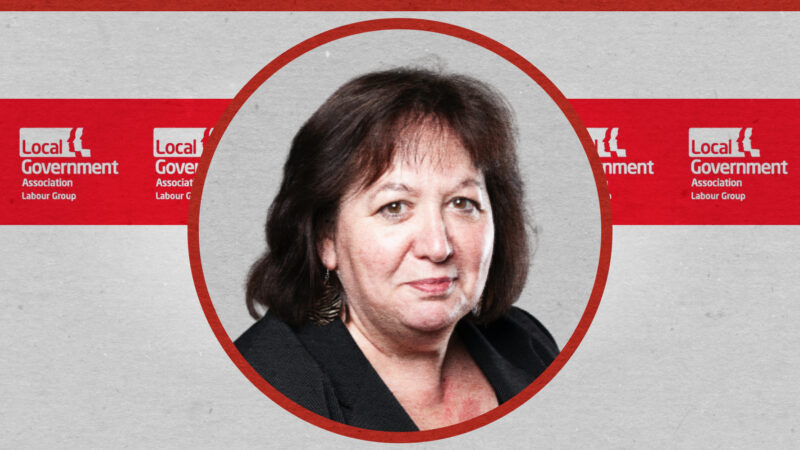
In February 2018, it was announced that all five of Salford’s ‘outstanding’ rated nurseries were set to close. Two years later, the nurseries are open and thriving. This is the result of determined joint work and campaigning by Labour councillors, UNISON members and the local community.
Salford City Council had taken the difficult decision to close the nurseries due to the government changing the funding formula. Staff and parents were shocked, as these were high-performing essential services. But they understood the harsh reality being imposed on the council from Westminster. What followed was a joint campaign by the UNISON branch and local councillors – with parents at its heart – emphasising the importance of those nurseries and the impact they have.
Consequently, a consultation on the closures was halted, a ‘save our nurseries’ campaign launched with support from the mayor and councillors, and ultimately the council announced it had found £1.5m to keep the nurseries open for 18 months. Based on the council’s budget proposals for 2020-21, the nurseries are now as safe as any council service can be in the current financial climate.
These vital nurseries were saved because of the desire of Labour councillors and UNISON to work together, recognising their shared aims and looking for solutions. This is just one example of many. Across the country, council Labour groups and UNISON branches are working together in the interests of local services, the people who use them, and the people who make them a success.
This is nothing new, of course. UNISON branches have long had good relationships with councils, whichever party is in control. We don’t expect to agree all the time, but where there are clear processes and mutual respect in place. We can resolve issues that arise and work together well to improve things.
But UNISON branches and Labour groups, whether they run the council or not, have much, much more in common. We share the same values and principles – a basic understanding of the public service ethos and what we’re trying to achieve.
These are enshrined in a set of ‘Labour local government trade union principles’ agreed by unions and Labour councillors. The principles make clear our joint commitment to better local government funding, exemplary employment practice, good industrial relations, the local government pension scheme, equality and promoting in-house services – and our opposition to the forced academisation of schools and the Trade Union Act.
The principles don’t give us all the answers, but they do provide a common basis on which to build our local relationships – making clear what we believe in, as members of the broader labour movement. Perhaps the most prominent manifestation of this joint approach in recent years has been UNISON’s ethical care charter. We launched this campaign as a way to work jointly with councils to address the problems of delivering high quality homecare services. We asked them to sign up to a set of commitments, including ending 15-minute visits and zero-hours contracts, and ensuring all workers receive the real living wage.
So far, 45 local authorities have signed the charter. It is predominantly Labour councils that have done so – all but three were Labour-run. Working together, Labour councillors and UNISON branches have highlighted the crisis in homecare and come to clear agreements about how to tackle it at a local level.
Even where Labour isn’t in control, we can still work together to make a difference. In Bath and North East Somerset Council, Labour is the third largest party. But thanks to constructive political campaigning led by the local Labour group and UNISON, the council recently announced that eight social care facilities are to be brought back in-house. Clearly, things can occasionally go wrong and local relationships break down. When that happens, we have ways of dealing with it, so we can overcome difficulties and get our relationship back on track.
The over-arching message is clear. When we work together as one labour movement family, establishing our shared values and coming together to resolve difficulties, we are successful. As the local government sector assesses the likely implications of several years of a Boris Johnson-led Conservative government, it’s vital that we stick together, in principle and in practice.




More from LabourList
Government abandons plans to delay 30 local elections in England
‘The cost of living crisis is still Britain’s defining political challenge’
‘Nurses are finally getting the recognition they deserve’